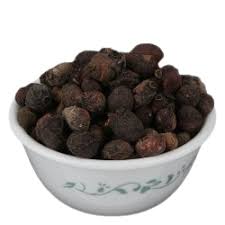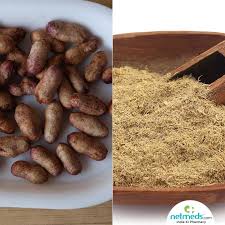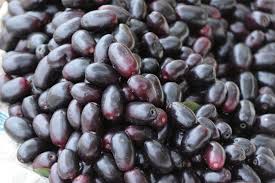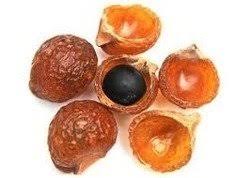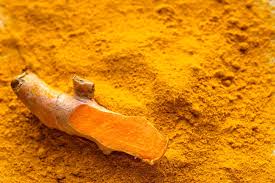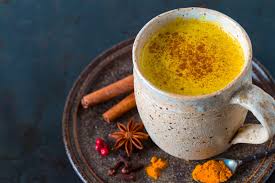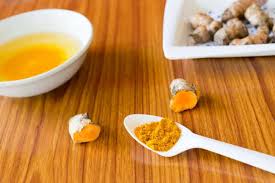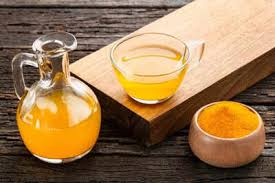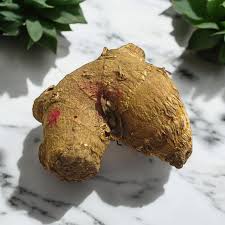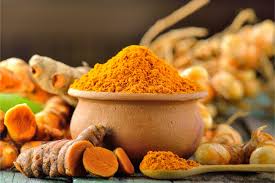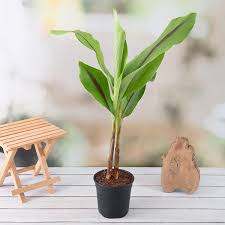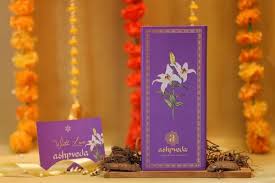
How Jadi Buti & Bapchi Seed Are Used in Different Cultures
Herbs and medicinal plants have been an essential part of traditional healing practices across the world. Among them, Jadi Buti (medicinal herbs) and Bapchi seeds (Psoralea corylifolia) hold a special place due to their therapeutic benefits and historical significance.
Different cultures have utilized these natural remedies for centuries to treat skin conditions, improve immunity, and promote overall well-being. While Ayurveda, Traditional Chinese Medicine (TCM), and Unani medicine emphasize their healing powers, modern science is now recognizing their effectiveness.
This article explores how Jadi Buti and Bapchi seeds are used across various cultures, their benefits, and why they are still relevant today.
Long Description
- Understanding Jadi Buti & Bapchi Seed
✔️ Jadi Buti – A term used in Ayurveda and traditional medicine for herbal remedies derived from plants, roots, seeds, and flowers with healing properties.
✔️ Bapchi Seed (Psoralea Corylifolia) – Also known as Babchi or Bakuchi, this seed is widely used for skin conditions, digestive health, and immune support in various healing systems. It contains psoralen, an active compound known for its antifungal, antibacterial, and skin-rejuvenating properties.
- Uses of Jadi Buti & Bapchi Seed in Different Cultures
🟢 1. India – Ayurveda & Siddha Medicine
In Ayurveda, Jadi Buti and Bapchi seeds are used to treat:
✔️ Vitiligo & Skin Diseases – Bapchi seed oil is applied to repigment skin affected by vitiligo.
✔️ Joint Pain Relief – Herbal formulations containing Jadi Buti like Ashwagandha, Haldi, and Bapchi help in managing arthritis.
✔️ Immune Booster – Ayurvedic Rasayanas include Giloy, Tulsi, and Bapchi for enhancing immunity.
In Siddha medicine (South India), Bapchi seeds are used in herbal pastes and oils to treat leprosy, eczema, and psoriasis.
🟡 2. Traditional Chinese Medicine (TCM)
✔️ Used in Kidney & Liver Health – Known as Bu Gu Zhi in TCM, Bapchi is used to strengthen kidneys, support digestion, and boost energy levels.
✔️ Improves Bone Strength – Chinese herbalists believe Bapchi enhances bone marrow health and longevity.
✔️ Herbal Infusions – Combined with other Jadi Buti like Ginseng and Astragalus, it is used in herbal teas to rejuvenate the body.
🔵 3. Middle East – Unani Medicine
In Unani medicine, Jadi Buti and Bapchi seeds are highly valued for:
✔️ Skin & Hair Treatments – Herbal pastes and oils infused with Bapchi are used for hair growth and skin regeneration.
✔️ Fertility & Hormonal Balance – Certain Jadi Buti formulations, including Bapchi, support women’s reproductive health.
✔️ Antiseptic Properties – Unani physicians use Bapchi-infused water to treat wounds and infections.
🟣 4. African & Western Herbal Medicine
✔️ African Traditional Healing – Bapchi seeds are used for wound healing, detoxification, and treating skin burns.
✔️ Western Herbalism – Essential oils, serums, and skincare products now include Bapchi due to its natural anti-aging and pigmentation-reducing properties.
- Scientific Research on Bapchi Seed
Modern science is now proving what traditional medicine has known for centuries. Research shows that:
✅ Psoralen in Bapchi helps treat vitiligo by increasing melanin production.
✅ It has antimicrobial properties that help fight skin infections.
✅ It contains powerful antioxidants, reducing inflammation and promoting cell regeneration.
Due to these findings, Bapchi-based cosmetics, herbal oils, and organic skincare products are gaining global recognition.
- Why Jadi Buti & Bapchi Seeds Are Gaining Popularity Worldwide
✔️ Herbal & Organic Trend – People are shifting towards natural remedies instead of synthetic pharmaceuticals.
✔️ Minimal Side Effects – Compared to chemical-based treatments, Jadi Buti and Bapchi provide gentle yet effective healing.
✔️ Eco-Friendly & Sustainable – The use of traditional herbs promotes environmental sustainability and holistic wellness.
Many herbal beauty brands, wellness clinics, and Ayurveda-based startups are now integrating Jadi Buti and Bapchi into their products.
- How to Use Bapchi Seeds in Daily Life?
🔹 Herbal Oil: Mix Bapchi oil with coconut oil and apply it to affected skin areas.
🔹 Herbal Infusion: Add a few Bapchi seeds to herbal teas for overall well-being.
🔹 Face Mask: Combine Bapchi powder with turmeric and honey for a natural skin treatment.
🔹 Supplements: Available in capsule form to boost immunity and skin health.
It’s essential to consult an Ayurvedic or herbal expert before using Bapchi in high doses to avoid side effects.
Conclusion: A Powerful Herbal Legacy
Jadi Buti and Bapchi seeds are deeply rooted in traditional medicine across different cultures. From Ayurveda and TCM to Unani and Western skincare, their healing properties are widely recognized.
With scientific validation and growing global awareness, these natural remedies continue to gain importance in modern wellness, skincare, and holistic health practices.
By integrating herbal wisdom with modern knowledge, we can embrace a healthier, more balanced, and sustainable lifestyle.


